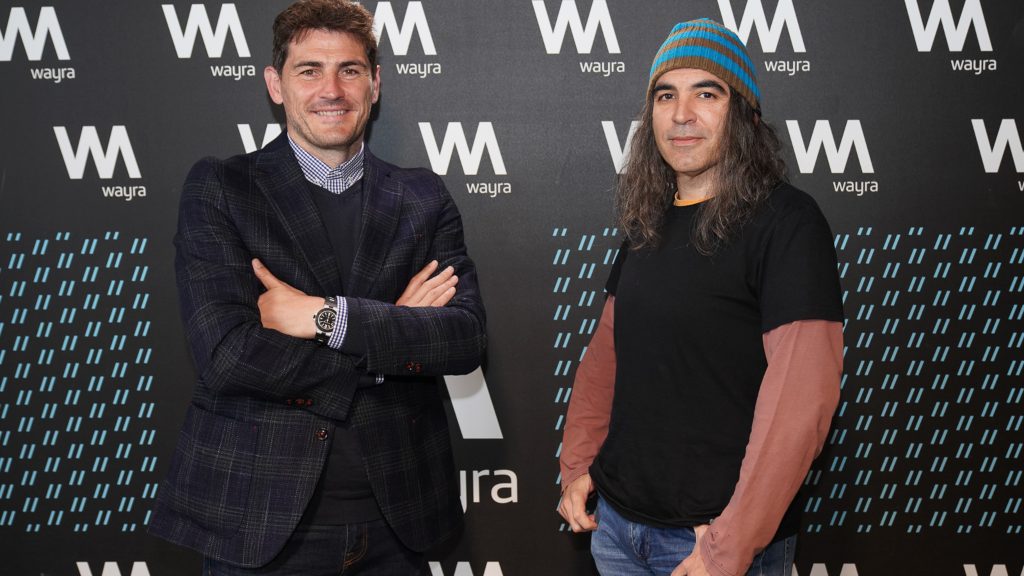
Victory for artists and photographers. Instagram now allows content creators to protect their works by preventing their integration on third-party sites.
After several months of negotiations, the American Society of Media Photographers (ASMP) and the National Press Photographer’s Association (NPPA) have finally made a deal with Instagram. The social network has just deployed a new feature aimed at preventing third-party sites from integrating certain publications via the code “Embed” usually provided by Instagram. A victory for the two associations for the defense of the rights of photographers, who indicate through their lawyer Alicia Calzada to be “Grateful that they (Facebook and Instagram, editor’s note) have been receptive to our requests to resolve this problem”.
The copyright issue on Instagram
On Instagram as on most social networks, we no longer really own our ideas. By agreeing to publish content on a platform, users also sign for almost total exploitation. A situation that can be problematic as an individual, but which becomes even more so for a photographer or an artist, who publish the fruit of their work on social networks. Until now, while it was officially illegal to copy an image such as it for re-use on a third-party site, Instagram remained lax on the integration of “embed” links. Concretely, it was then possible for anyone to display images protected by copyright, without having to pay the author, or even ask for permission.
Instagram gives way … finally
With several court cases as an example to consolidate its accusation, the ASMP considers that “several thousands” artists are potentially affected by these abuses of embed codes. Even more serious, Instagram would have knowingly allowed the situation to evolve, because this type of integration allowed the social network to generate traffic, and therefore advertising revenue additional.
After more than a year of fierce combat, Instagram has finally given in: now authors can directly choose whether or not they agree to their posts being can be integrated via an embed code. A possibility already offered by YouTube in particular, and which sounds like a great victory for online copyright. Accessible only in the United States initially, the tool will be gradually rolled out to the rest of the world by next year, and accessible to everyone.



